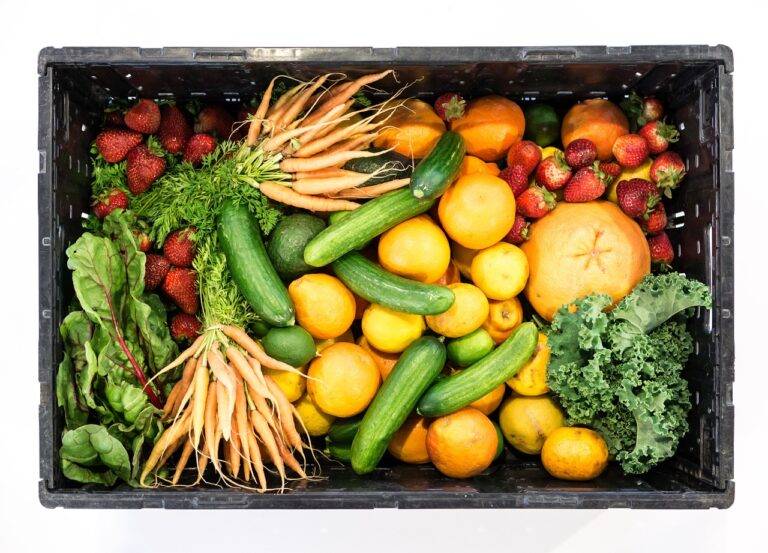How to Build a Sustainable Food Business
Sustainability in the food industry is a critical aspect that has gained significant attention in recent years. This concept emphasizes the need for practices that promote the long-term well-being of the environment, society, and economy. In the context of the food industry, sustainability involves reducing carbon footprint, minimizing food waste, promoting ethical sourcing, and supporting local farmers and producers.
Understanding the Importance of Sustainable Practices
Sustainable practices in the food industry are crucial for ensuring the long-term health of our planet. By implementing sustainable measures, such as reducing food waste, promoting ethical sourcing, and implementing energy-efficient practices, food businesses can contribute to a healthier environment and society.
Furthermore, consumers are becoming increasingly conscious of the environmental impact of their food choices. Embracing sustainable practices not only benefits the planet but also helps businesses attract and retain customers who prioritize ethical and environmentally-friendly products. As the demand for sustainability grows, food companies that prioritize sustainable practices will likely have a competitive edge in the market.
What is sustainability in the food industry?
Sustainability in the food industry refers to practices that aim to meet the needs of the present without compromising the ability of future generations to meet their own needs. This includes minimizing waste, reducing carbon emissions, and promoting ethical practices in food production.
Why is sustainability important in the food industry?
Sustainability is important in the food industry to ensure the long-term viability of food production, protect the environment, and promote social responsibility. By adopting sustainable practices, businesses can reduce their carbon footprint, conserve natural resources, and support local communities.
What are some examples of sustainable practices in the food industry?
Examples of sustainable practices in the food industry include sourcing ingredients locally, reducing food waste, using renewable energy sources, practicing organic farming, and promoting fair labor practices. These practices help to minimize environmental impact and support a more ethical food supply chain.
How can businesses benefit from implementing sustainable practices?
Businesses can benefit from implementing sustainable practices in the food industry by reducing costs, improving brand reputation, attracting environmentally conscious consumers, and complying with regulations. Sustainable practices can also lead to increased efficiency, innovation, and long-term profitability.
What role do consumers play in promoting sustainability in the food industry?
Consumers play a crucial role in promoting sustainability in the food industry by making informed choices, supporting businesses that prioritize sustainability, and advocating for policies that promote environmental and social responsibility. By demanding sustainable products and practices, consumers can drive positive change in the food industry.





